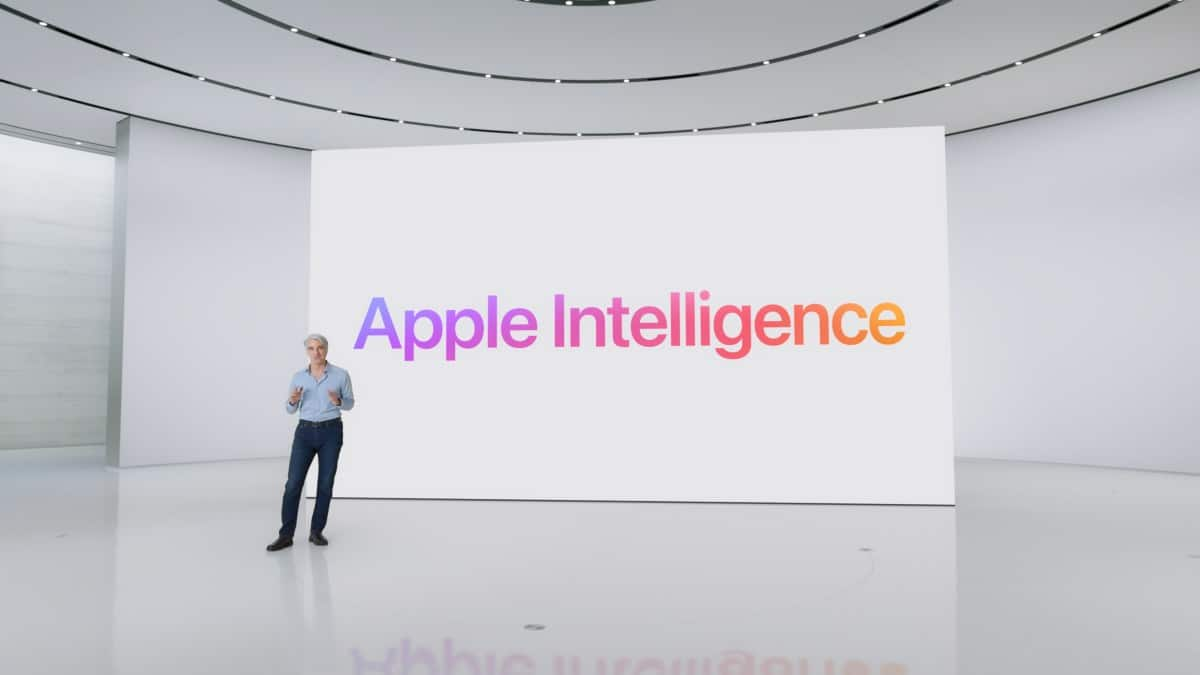
Apple unveils 'Apple Intelligence,' a generative AI feature: What's new?
What's the story
Apple has officially launched its much-anticipated generative AI feature, named Apple Intelligence.
The announcement was made at the Worldwide Developers Conference (WWDC).
The tech giant has promised that this new feature will prioritize user safety, and deliver highly personalized experiences.
Apple CEO Tim Cook emphasized the importance of personal context and privacy in the development of this feature.
Integration
Apple Intelligence to be integrated across operating systems
Apple Intelligence is set to become an integral part of all Apple operating systems, including iOS, macOS, and VisionOS 2.
The company's senior vice president, Craig Federighi, explained that the feature will be based on personal data and context provided by users, via applications like Calendar and Maps.
The system is built on large language and intelligence models, with much of the processing being done locally using Apple's latest silicon.
Privacy measures
Apple introduces 'Private Cloud Compute' for enhanced privacy
Despite most processing being done locally, some tasks require cloud-based processing.
To ensure user privacy, Apple has introduced "Private Cloud Compute" to its offering.
This backend service uses servers powered by Apple chips, further enhancing privacy for users' highly personal data.
The company has also announced a significant update to Siri, making it more deeply integrated into its operating systems and permitting users to type queries directly into the system.
Advancements
Apple Intelligence to revolutionize multitasking and app integration
Apple Intelligence will revolutionize multitasking by enabling cross-app compatibility. This means users can perform tasks without switching between different apps.
The facility will be integrated into most of Apple's apps, allowing it to assist with tasks like composing messages in Mail, and providing Smart Replies.
The company plans to open up access to third-party developers, significantly expanding Siri's capabilities.
Apple Intelligence will be rolled out on the latest versions of its operating systems.